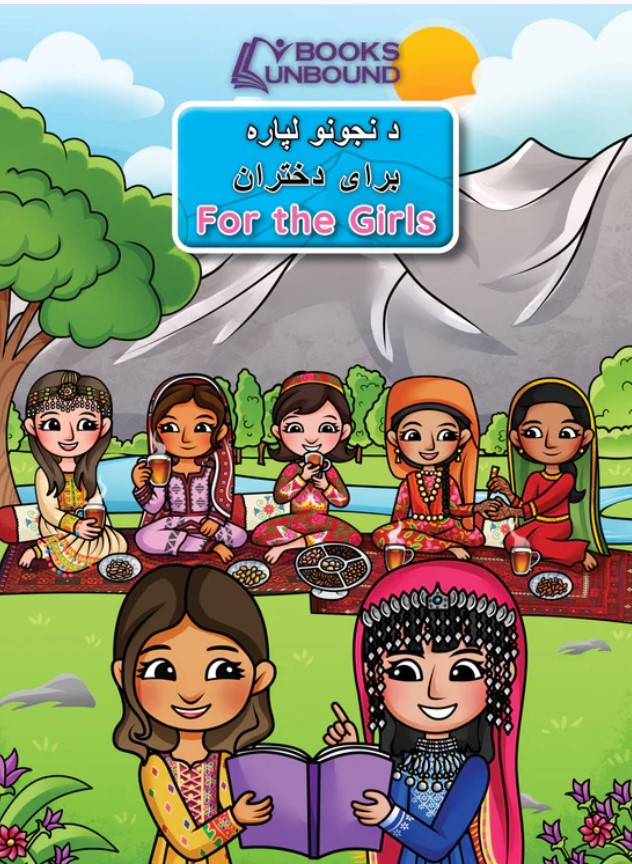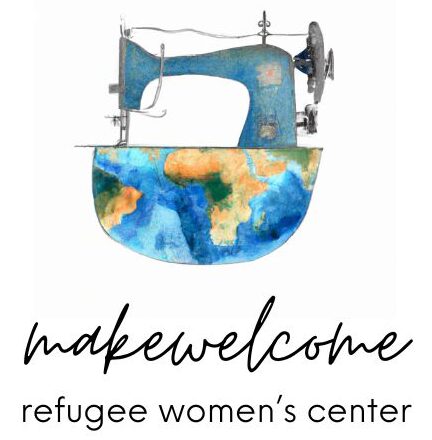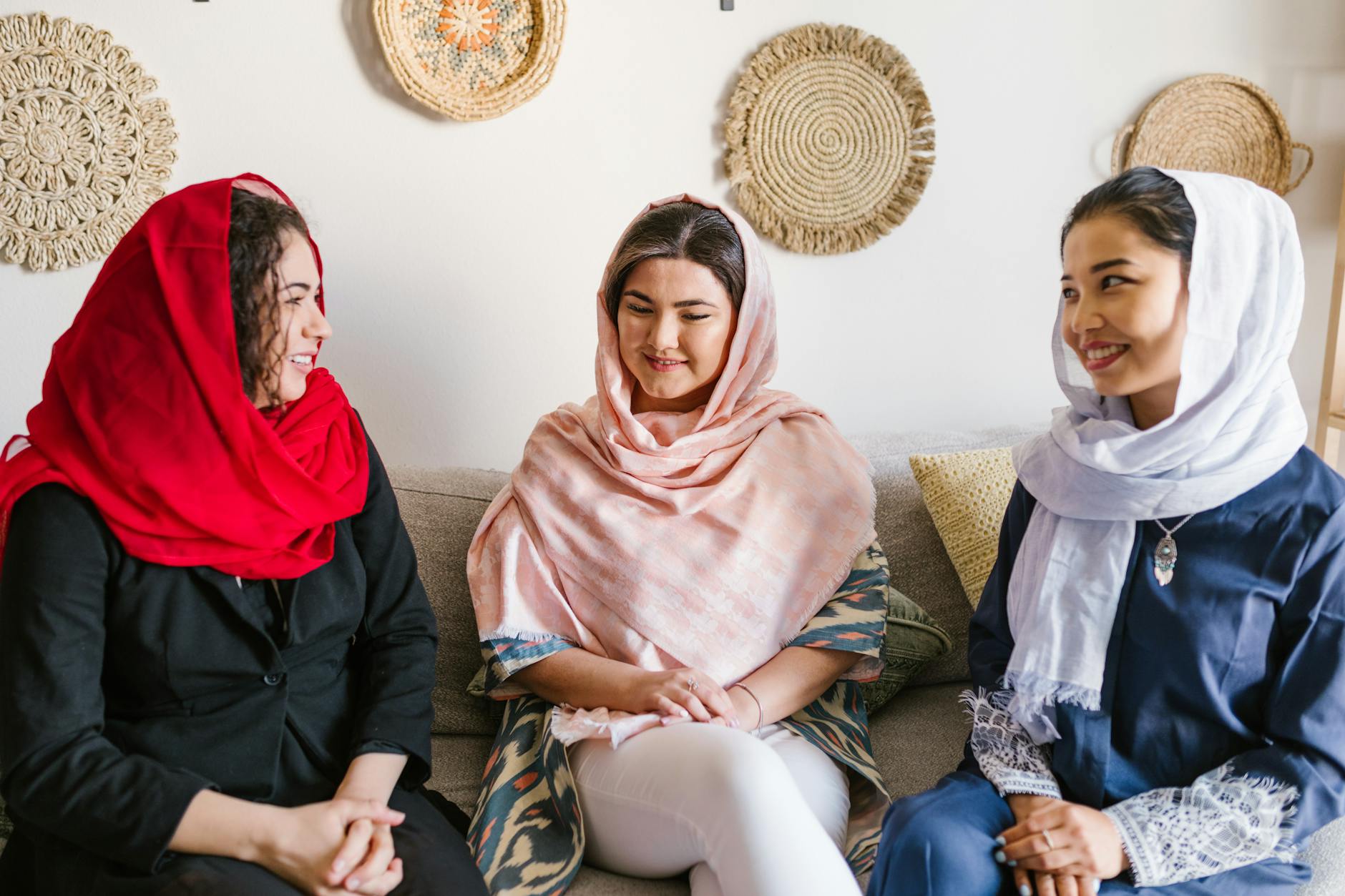“After I had my baby, I was so depressed. Every day, so depressed.” M shared this with me, her eyes tired. “I don’t want to have another baby, but what do I do?” Too often, refugee women here in Charlotte don’t have access to good women’s health information. In their home countries, so many issues that women face were considered taboo for discussion. You’re expected to have as many children possible without regards for your health or wellbeing. You’re expected to be happy and and act normal, even when you’re staggering under the weight of sadness or PTSD. You’re supposed to keep secret issues regarding periods, menopause, etc. I’ve had women (and men!) bring up some of these health issues with me because they just don’t know who else to talk to. We want to change that. Providing gentle times of discussion and learning as part of our Make Welcome Refugee Women’s Center programming is so important. We’re thrilled to be using the Women’s Health curriculm produced by Books Unbound, which is in English, Dari & Pashto, and features culturally appropriate pictures and illustrations.

- Barriers to care – Refugee women may face barriers to care, including language barriers, transportation challenges, and gaps in health insurance. They may also experience discrimination, or have cultural or religious beliefs that conflict with medical treatments.
- Poorer health outcomes – Refugee women may have lower rates of cervical and breast cancer screening, HPV vaccination, and contraception use. They may also have higher rates of unintended pregnancy, complications, disease, disability, and death.
- Unique needs – Refugee women have unique SRH needs that may be exacerbated after resettlement. These needs may be related to their experiences before resettlement, such as violence, persecution, or conflict.
- Mental health – Refugees may experience mental health concerns, such as post-traumatic stress disorder or depression, due to the trauma of conflict, displacement, and resettlement.
Sometimes, all it takes is talking. Listening. Connecting. Sharing. That’s why having a safe place for women to gather and talk is so important. Support our work.


